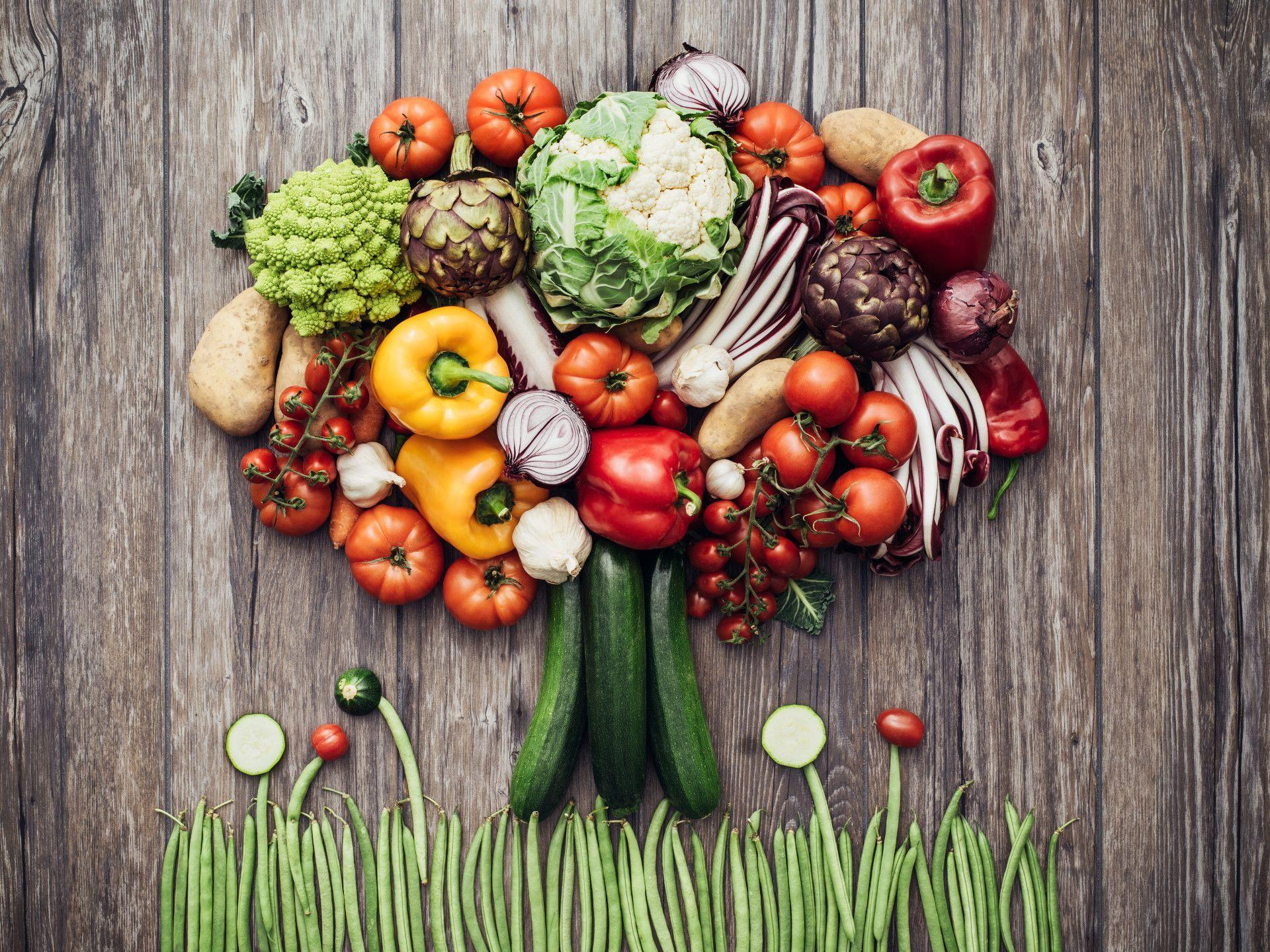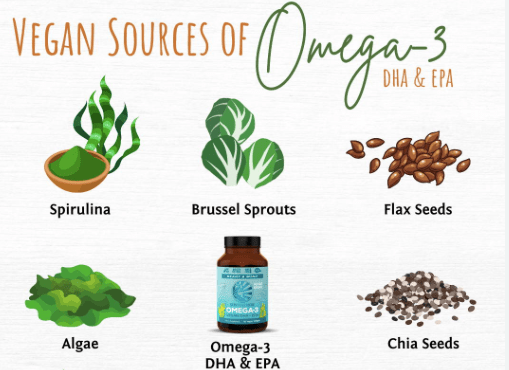
Veganism, a lifestyle that excludes all animal products from diet and clothing, has exploded in popularity in recent years. Driven by ethical concerns for animal welfare, environmental sustainability, and personal health, people worldwide are embracing the plant-based revolution. But making the transition to veganism can seem daunting, especially if you’re used to a meat-centric diet. This comprehensive guide aims to ease your journey, offering practical tips, delicious recipe ideas, and valuable resources to empower you towards a thriving vegan lifestyle.
Why Go Vegan?
Before diving into the “how,” let’s explore the powerful “why” behind veganism. The motivations are as diverse as the individuals choosing this path, but some key reasons include:
Animal Welfare:
- Factory Farms: Expose the grim realities of factory farms, where animals are often confined in cramped, unsanitary conditions, deprived of natural behaviours, and subjected to painful procedures. Share statistics on the vast numbers of animals impacted and highlight specific cases of cruelty documented by reputable organizations.
- Slaughterhouses: Discuss the ethical concerns surrounding the killing of animals for food, even in “humane” settings. Emphasize the emotional intelligence and sentience of animals, questioning the morality of taking their lives for human consumption.
- Alternative Solutions: Showcase initiatives and organizations working towards compassionate alternatives, such as lab-grown meat, plant-based dairy alternatives, and animal sanctuaries.
Environmental Impact:
- Quantify the Impact: Use compelling statistics to illustrate the environmental footprint of animal agriculture. For example, mention that livestock contributes to 14.5% of global greenhouse gas emissions, is responsible for 70% of deforestation linked to agriculture, and requires vast amounts of water and land resources.
- Focus on Specific Issues: Delve into specific environmental problems caused by animal agriculture, such as water pollution from manure runoff, soil degradation from overgrazing, and loss of biodiversity due to habitat destruction. Showcase the positive impact of veganism on these issues.
- Highlight Positive Change: Share success stories of communities and countries that have seen environmental improvements after transitioning towards plant-based diets. Encourage readers to be part of a positive change for the planet.
Personal Health:
- Scientific Evidence: Share the growing body of research linking plant-based diets to improved health outcomes. Mention lower risks of chronic diseases like heart disease, type 2 diabetes, and certain cancers. Explain the benefits of consuming fiber, antioxidants, and essential nutrients readily available in plant-based foods.
- Personalize the Impact: Encourage readers to explore how veganism can address their specific health needs and goals. For example, mention weight management, improved athletic performance, or gut health benefits. Share motivational stories of individuals who have experienced improved health and well-being after embracing a plant-based lifestyle.
Making the Transition: Practical Tips for Beginner Vegans
Going vegan doesn’t have to be an overnight overhaul. Start small and build momentum with these practical tips:
- Set realistic goals: Begin with simple swaps, like meatless Mondays or plant-based breakfasts. Gradually increase the number of vegan meals you eat each week. Small steps can lead to big changes!
- Explore the vibrant world of plant-based alternatives: From meatless burgers and sausages to dairy-free cheeses and ice creams, delicious alternatives abound. Experiment and discover your favourites. You might be surprised at how much you enjoy the taste and variety!
- Stock your pantry with staple vegan ingredients: Lentils, beans, tofu, tempeh, quinoa, whole grains, nuts, and seeds are your plant-powered allies. Build a foundation of versatile ingredients for easy meal prep. You’ll be able to whip up delicious and nutritious meals in no time!
- Embrace variety: Don’t fall into the trap of “rabbit food” salads. Explore diverse cuisines like Thai curries, Ethiopian stews, Mexican tacos, and Indian dals. The vegan world is full of flavour and culinary adventure! There’s a whole world of deliciousness waiting to be discovered!
- Connect with the vegan community: Join online forums, Facebook groups, or local vegan meetups. Sharing experiences, tips, and recipes with other vegans can provide invaluable support and inspiration. You’ll find a supportive community of people who share your values and can help you on your journey!
Fuelling Your Plant-Powered Journey: Delicious Vegan Recipes
Food is the heart of any lifestyle, and veganism is no exception. Here are a few easy and flavourful recipes to get you started:
- Creamy Tomato Pasta with Tofu “Ricotta”: This comforting dish is bursting with fresh tomato flavour and features a protein-packed tofu ricotta that will fool even the most discerning palates.
- Rainbow Veggie Buddha Bowl: Customize this vibrant bowl with your favourite roasted vegetables, quinoa, chickpeas, and a tahini dressing for a satisfying and nutritious lunch.
- Spicy Black Bean Burgers: These flavourful burgers are perfect for barbecues or weeknight grilling. Serve them on whole-wheat buns with your favourite toppings.
- No-Bake Chocolate Avocado Mousse: This decadent dessert is rich, creamy, and surprisingly healthy. Made with avocados, cocoa powder, and maple syrup, it’s a guilt-free treat.
Essential Resources for Vegan Success
The internet is teeming with valuable resources for vegans. Check out these helpful websites and apps:
- The Vegan Society: A wealth of information on vegan living, including recipes, nutrition guides, and ethical considerations.
- Forks Over Knives: This website promotes a plant-based diet for optimal health and offers delicious recipes and meal plans.
- HappyCow: Find vegan and vegetarian restaurants near you with this handy app.
- Cronometer: Track your nutrient intake and ensure you’re getting all the essential vitamins and minerals on a vegan diet.
Remember, going vegan is a journey, not a destination. There will be bumps along the road, but with dedication and a supportive community, you can thrive on a plant-powered lifestyle. Embrace the learning process, celebrate your successes, and most importantly, enjoy the delicious and rewarding world of veganism!








